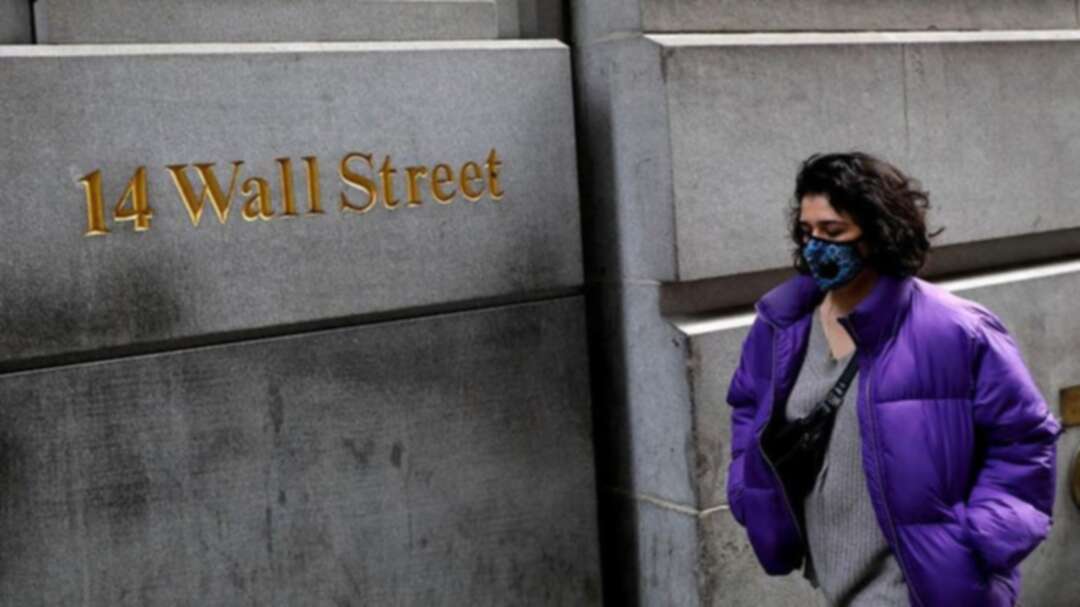-
Coronavirus: Nearly 4,000 people across New York in quarantine as precaution

Nearly 4,000 people across the New York state are currently in quarantine as a precaution, Governor Andrew Cuomo said, adding that the number of coronavirus cases in the state has increased by 11 to 33 cases so far.
Across New York State, 2,700 in New York City, 1,000 in Westchester, and 70 in Nassau County are currently in quarantine, according to Cuomo.
New York’s Yeshiva University said one of its students had tested positive for COVID-19, and it was canceling all classes on Wednesday at one of its four New York City campuses as a “precautionary step” while it worked with authorities on how to best prepare and keep its students safe.
Last Tuesday, officials said a man in his 50s who lives in a New York City suburb and works at a Manhattan law firm tested positive for the virus, the second identified case in the state. Health authorities said one of his children was a student at Yeshiva University.
 Commissioner of Health for New York State Howard Zucker, New York Governor Andrew Cuomo, and New York City Mayor Bill de Blasio delivered remarks at a news conference. (Reuters)
Commissioner of Health for New York State Howard Zucker, New York Governor Andrew Cuomo, and New York City Mayor Bill de Blasio delivered remarks at a news conference. (Reuters)The man has severe pneumonia and is hospitalized, officials said. The patient had not traveled to countries hardest hit in the coronavirus outbreak, which began in China in December and is now present in nearly 80 countries and territories, killing more than 3,000 people.
“There are going to be many, many people who test positive. By definition, the more you test, the more people you will find who test positive,” Cuomo said.
New York wants to get the state’s capacity for testing for the virus to up to 1,000 a day, he said.
“The people who we are most concerned about, who are most vulnerable are senior citizens, people with immune comprised situations. What we’re worried about: nursing home setting, senior care setting. That’s what we’ve seen in other places and that’s where the situation is most problematic.”
source: agencies
You May Also Like
Popular Posts
Caricature
BENEFIT Sponsors BuildHer...
- April 23, 2025
BENEFIT, the Kingdom’s innovator and leading company in Fintech and electronic financial transactions service, has sponsored the BuildHer CityHack 2025 Hackathon, a two-day event spearheaded by the College of Engineering and Technology at the Royal University for Women (RUW).
Aimed at secondary school students, the event brought together a distinguished group of academic professionals and technology experts to mentor and inspire young participants.
More than 100 high school students from across the Kingdom of Bahrain took part in the hackathon, which featured an intensive programme of training workshops and hands-on sessions. These activities were tailored to enhance participants’ critical thinking, collaborative problem-solving, and team-building capabilities, while also encouraging the development of practical and sustainable solutions to contemporary challenges using modern technological tools.
BENEFIT’s Chief Executive Mr. Abdulwahed AlJanahi, commented: “Our support for this educational hackathon reflects our long-term strategic vision to nurture the talents of emerging national youth and empower the next generation of accomplished female leaders in technology. By fostering creativity and innovation, we aim to contribute meaningfully to Bahrain’s comprehensive development goals and align with the aspirations outlined in the Kingdom’s Vision 2030—an ambition in which BENEFIT plays a central role.”
Professor Riyadh Yousif Hamzah, President of the Royal University for Women, commented: “This initiative reflects our commitment to advancing women in STEM fields. We're cultivating a generation of creative, solution-driven female leaders who will drive national development. Our partnership with BENEFIT exemplifies the powerful synergy between academia and private sector in supporting educational innovation.”
Hanan Abdulla Hasan, Senior Manager, PR & Communication at BENEFIT, said: “We are honoured to collaborate with RUW in supporting this remarkable technology-focused event. It highlights our commitment to social responsibility, and our ongoing efforts to enhance the digital and innovation capabilities of young Bahraini women and foster their ability to harness technological tools in the service of a smarter, more sustainable future.”
For his part, Dr. Humam ElAgha, Acting Dean of the College of Engineering and Technology at the University, said: “BuildHer CityHack 2025 embodies our hands-on approach to education. By tackling real-world problems through creative thinking and sustainable solutions, we're preparing women to thrive in the knowledge economy – a cornerstone of the University's vision.”
opinion
Report
ads
Newsletter
Subscribe to our mailing list to get the new updates!






















